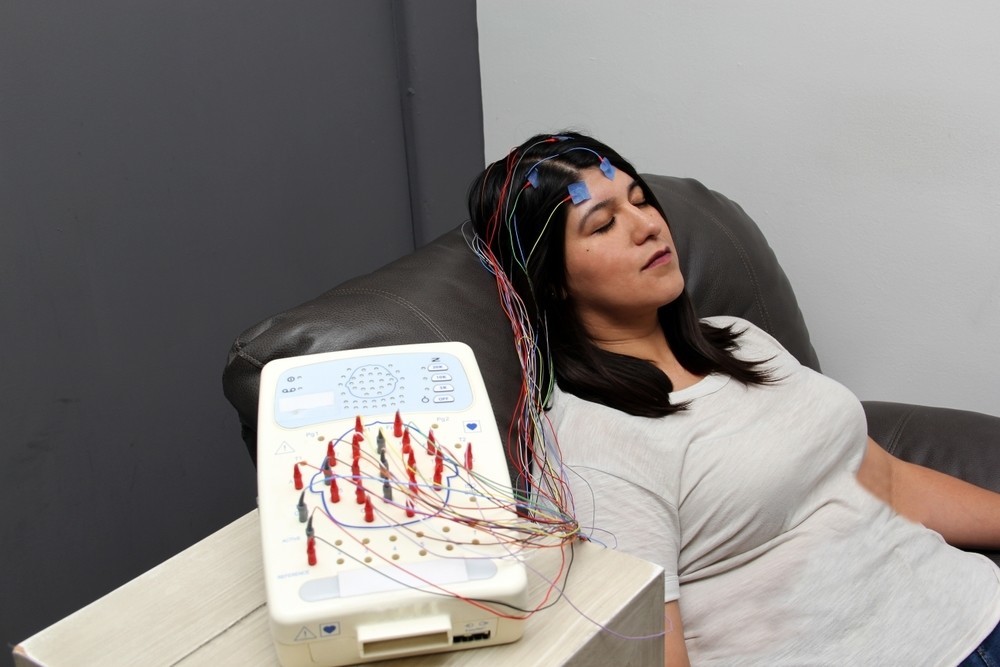
The Functional Medicine Approach
Functional medicine looks at health in a very different way than the conventional model. Instead of asking “What medication matches this symptom?”, Functional Medicine asks “Why is this symptom happening in the first place?”
By exploring root causes like inflammation, nutrient deficiencies, hormonal imbalances, gut dysfunction, and environmental stressors, functional medicine builds personalized roadmaps for long-term healing.
But here’s something that often gets overlooked: your brain and nervous system are central players in the healing process.
Where Neurofeedback Fits In
Neurofeedback is a form of biofeedback that trains the brain to regulate itself more effectively. During a session, sensors measure brainwave activity, and the patient receives immediate feedback (such as a tone, visual, or screen brightness) when their brain shifts into a healthier rhythm.
Over time, just like strengthening a muscle at the gym, the brain learns how to find and maintain more balanced patterns. This can improve focus, reduce stress and anxiety, support sleep, and enhance recovery from injury or trauma.
Why Combine the Two?
Functional medicine and neurofeedback naturally complement one another.
-
Functional medicine addresses the “hardware.” It works on the body systems: hormones, digestion, detoxification, cardiovascular function, and nutrient balance.
-
Neurofeedback works on the “software.” It helps the brain regulate attention, mood, and the autonomic nervous system (which controls stress, rest, and repair).
When the hardware and software are both optimized, patients often find they not only feel better faster but also can sustain those improvements.
Practical Applications
Here are just a few ways neurofeedback adds power to functional medicine:
-
Stress and Anxiety: Functional medicine reduces physiological stressors (blood sugar swings, adrenal strain, inflammation), while neurofeedback retrains brainwave patterns stuck in “fight or flight.”
-
Chronic Pain and Dysautonomia: Neurofeedback calms pain networks and balances autonomic function, while functional medicine addresses underlying triggers such as nutrient deficiencies or immune dysregulation.
-
Brain Fog and Fatigue: Functional medicine restores energy production at the cellular level, while neurofeedback sharpens focus and mental clarity.
-
Post-Concussion Recovery: Functional medicine supports repair through nutrition and inflammation control; neurofeedback guides the brain back to stable rhythms.
The Bottom Line
Healing is rarely one-dimensional. By combining functional medicine and neurofeedback, we can support the body’s biology and the brain’s ability to regulate itself. This integrative approach gives patients a more complete path to wellness—addressing root causes while strengthening resilience from the inside out.
Call to Action
If you’re curious about how neurofeedback could complement your functional medicine program, we invite you to schedule a consultation at:
O’Keefe Matz Functional Health Clinic
651-292-8072
www.improveurhealth.com
Dr. Janell Matz
Contact Me


